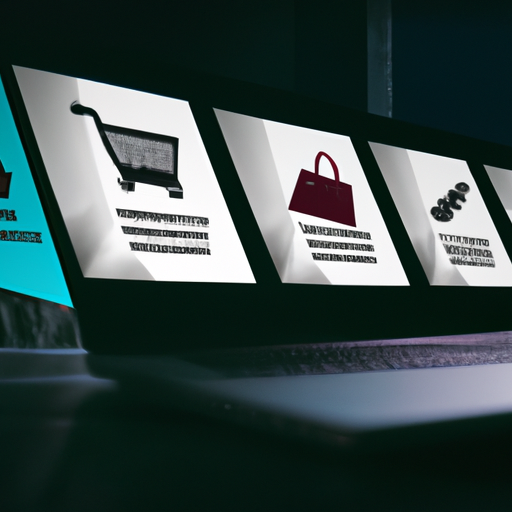Which is The Best CRM for Shopify
Table of Contents
- Introduction
- Why is CRM Critical for your Shopify Store?
- Navigating through the best CRM for Shopify
- Selecting the Perfect CRM
- Potential Roadblocks
- The Future of CRM in Commerce
- Conclusion
Introduction
Are you sure you’re utilizing all of the tools at your disposal to expand your Shopify store to new heights? Small and medium-sized business owners—particularly those in positions like CFO, CTO, and HR Manager—must choose the best Customer Relationship Management (CRM) system available in order to compete in the market. This is more than just a calculated move, it’s a pillar on which your business depends on.
Why is CRM Critical for Your Shopify Store?
What if you could anticipate your clients’ needs before they even knew they existed, or if you could make sure that every customer interaction is well-organized and nothing gets lost in the shuffle? That is exactly what a powerful CRM system does; it manages customer data, automates important marketing chores, and provides insights into consumer behavior, all of which completely revolutionize your company’s operations.
Navigating Through the Best CRM for Shopify
It’s important to choose a CRM for your Shopify store that will develop with your company, not just one that offers the functionality you need. The following leading CRM options might revolutionize your e-commerce approach:
Salesforce: Known for its wealth of functionality, Salesforce seamlessly integrates with Shopify to provide precise tracking of customer interactions and campaign personalization.
HubSpot: Known for its user-friendly interface, HubSpot enables Shopify store owners to manage leads, plan email campaigns, and offer excellent customer service—all from a single platform.
Zoho CRM: Because of its affordable pricing and extensive automation tools, Zoho CRM is the best option for small firms looking to enhance client contact without going over budget.
Microsoft Dynamics 365: This software is ideal for those who need customization because of its robust interface with e-commerce platforms such as Shopify. It also offers flexibility and scalability.
Odoo: Distinguished by its extensive range of business applications, Odoo provides a CRM that is flexible and strong enough to handle intricate e-commerce requirements.
Selecting the Perfect CRM: What to Consider
Choosing the appropriate car for a road trip is similar to choosing a CRM. It must be dependable, effective, and able to transport you to your intended location.
Determine Your Needs: What particular issues do you want the CRM to help you with? Which is it—marketing automation, customer support, or sales tracking?
Capabilities for Integration: How effectively does the CRM work with Shopify? Maintaining data consistency and enhancing user experiences require seamless integration.
Cost-Effectiveness: Is there a strong return on investment with the CRM? Think about the immediate expenses as well as the long-term benefits it will provide for your company.
Usability: Is it easy to use the CRM? Not make things more difficult, but rather aid in their simplification.
Customer Support: To what extent does the CRM provider give customer support? In high-stakes corporate activities in particular, dependable support can be quite important.
Potential Roadblocks
There may be obstacles on the path to locating the ideal CRM, even when it may appear simple. For example, if done incorrectly, the integration process can be challenging, akin to attempting to fit a square peg into a round hole. Every new system also has a learning curve, much like learning to drive a brand-new car equipped with all the newest features.
“The right CRM transforms how you interact with your customers. It’s not just about managing relationships; it’s about enhancing them at every touchpoint.”
Tamer Badr, CEO and Founder Of Singleclic
The Future of CRM in E-Commerce
CRM solutions are evolving along with technology. More AI-powered technologies that anticipate consumer requirements and more human-feeling, tailored marketing methods are what we’re moving toward. The environment of customer relationship management in e-commerce will continue to change as a result of this evolution.
Conclusion
Choosing the best CRM for your Shopify store is a crucial choice that will affect the productivity and clientele of your company. You may propel your company into greater success by selecting a CRM that offers scalable solutions, smoothly connects with Shopify, and is in line with your business goals.
Explore the cutting-edge CRM tools created by Odoo for modern businesses on their official website to learn more about these solutions and how they may revolutionize your company’s operations.
To learn more about business automation services and solutions, check out our wide range of guides here







